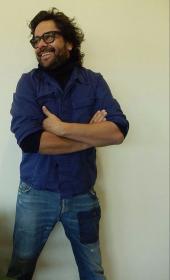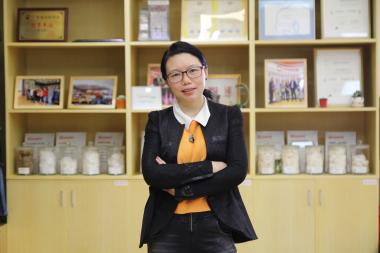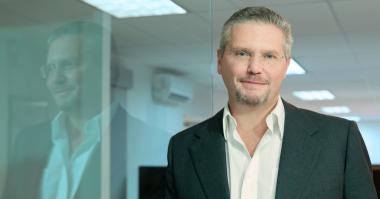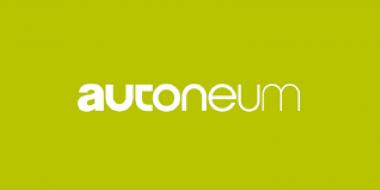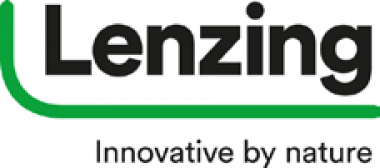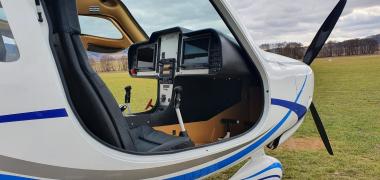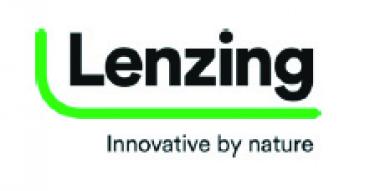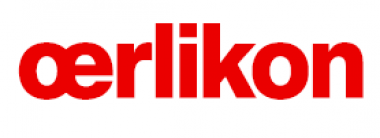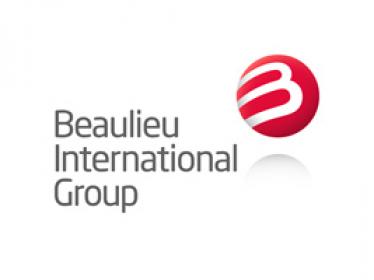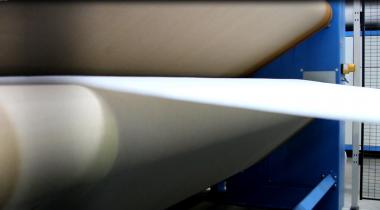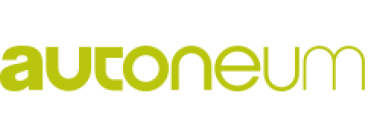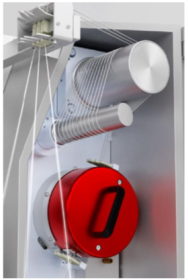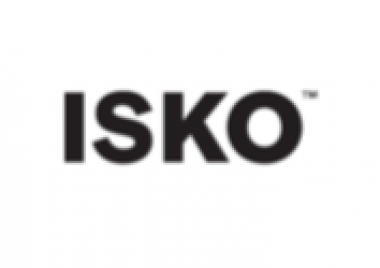Advance Denim by Paolo Gnutti
- Italian creativity merges with Chinese technological innovation to create a new capsule collection
A new era is born in the world of denim, Paolo Gnutti and Advance Denim will combine their skills to create capsule collections for both the US and Asian markets.
These collections will combine Paolo Gnutti’s artistry and Advance denim’s technological innovation to create “magical” inspiration that is with the reach of all brands.
Advance Denim has the distinction of being the oldest denim manufacturer in China and has dedicated its efforts since day one around the core beliefs of innovation , service , quality and people. These core beliefs are the foundation of their day to day focus of becoming a world leader in denim. They are also committed to making the most sustainable denim possible and they are constantly investing in the infrastructure and systems that will help them to reach aggressive sustainability goals . Sustainability is important but Advance Denim has always been true to denim and strive to produce innovative high-quality products that exceed the needs of the market
“We are looking forward to Paolo bringing his Italian artistic aesthetics to our denim.” Said Ms. Amy Wang, General Manager of ADVANCE DENIM. “ We believe it is the combination of eastern and western design and culture that have never been offered to our customers before and will take Advance Denim to a whole new level. It is our goal to also offer these high quality designs at a competitive price from our Vietnam facility.” conclude Ms. Wang.
Paolo Gnutti, a life time dedicated to denim innovation and creativity, bases the creation of his collections following precise themes and stylistic contaminations. He uses indigo bases which are completely transformed thanks to the use of flocks, 3D prints, colored foils and metallic effects.
Paolo Gnutti has the ability to conceive ground breaking fashion, thanks to his incredible creativity and visionary irreverent combination that ushers in a new concept of fashionability to the denim world.
“ My passion and my professional exploration lead me to acquire the skill needed to develop unforgettable and unique textile concepts” said Paolo Gnutti “ I’m trilled to begin this collaboration with Advance Denim. I feel that we need a new challenge in our denim world, a new era of true globalization; we will create a capsule collection that will reach all customers, from premium to the mass market.”
A new era begins, based on the evolution of the market and the search for innovation and inspiration that is both technically performance driven and accessible to all brands.
EFFE-BI SRL PR & COMMUNICATION






